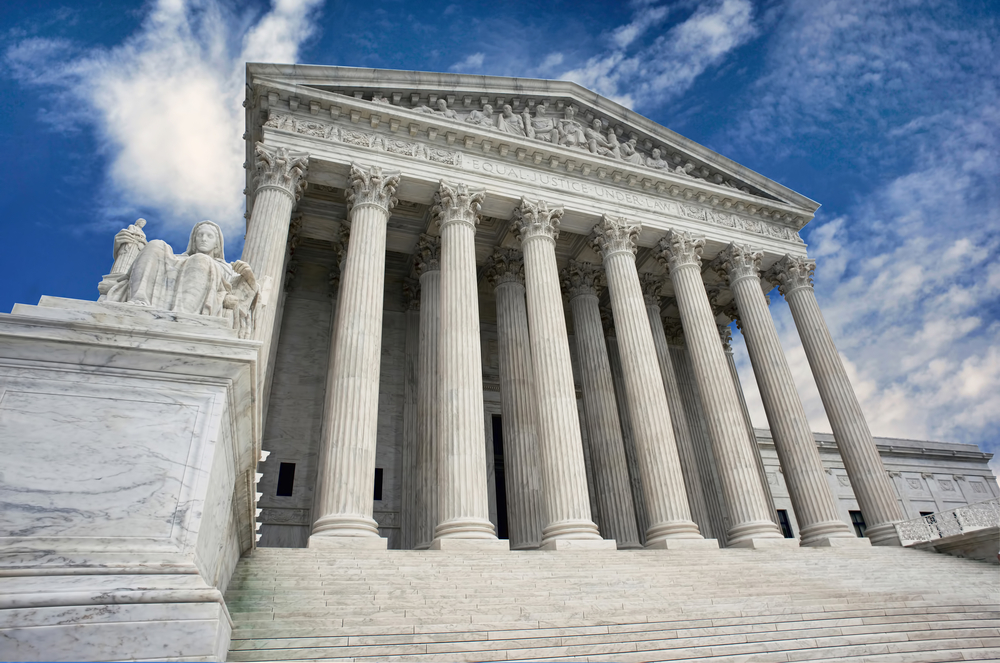This Tuesday, June 27, marked the fifth anniversary of the U.S. Supreme Court’s decision in the Janus case — a significant milestone in the fight for individual speech and conscience rights within public sector labor unions. These rights, however, are abstract and meaningless if they are not well known, easily practiced, and lawfully enforced.
The case is named after plaintiff Mark Janus, a public sector employee who challenged the practice of forcing government workers to pay union fees on the grounds that it violated his First Amendment rights. Prior to this ruling, public sector employees who chose not to join a union were still required to pay dues, effectively compelling them to fund political activities and campaigns regardless of whether they agreed with them. This compulsory speech, the Supreme Court ruled, infringed upon the individual’s right to freedom of association and expression.
National media attention initially brought a surge of interest to the issue across the country, and helped workers better understand their rights not to have union fees pulled from their paychecks. As that attention waned, the impact of the decision has been blunted.
Following the decision and decreased national interest, laws meant to obscure union members’ rights have been adopted. As a result, public sector union management across the country has hesitated to inform employees of their rights, fearing they will receive charges from local labor boards.
At the state level, unions have used their political clout to ban captive audience meetings where the employer shares their position on a topic and to bar management even from attending union orientation sessions. This allows the unions to utilize so-called “dark patterns” — techniques that lock members into deliberately deceptive contracts designed to deprive them of their rights.
The Federal Trade Commission recently took action against Amazon, claiming the company is enrolling customers in a Prime membership without their consent and sabotaging their ability to cancel it. If this “Hotel California” scenario — you can check out any time you like, but you can never leave — applies to a private company, public sector leadership certainly requires at least as much scrutiny.
Public sector union members who understand their rights are empowered to question and review the decisions made by their leadership. This leads to better outcomes for both members and taxpayers. For instance, firefighters in New Haven, CT have a simple process that allows members to opt out of the union at any time with a simple email that must be processed within 30 days. This has ensured leadership is focused on the union’s core mission: improving outcomes for its members. Not one firefighter has left the union since the process was implemented.
Far from undermining the essential role of unions in protecting workers’ rights and advocating for fair working conditions, Janus honors the rights of individuals within the union structure and bolsters the principles of democratic governance. It serves as a reminder that union leadership should represent the shared interests of its diverse membership, working in its collective best interests.
Unions were once the protectors of middle-class workers for issues concerning employment. Now they’re more often at the vanguard of divisive social issues, which often places them at odds with the hard-working people they are supposed to represent. As with any bureaucracy, as it grows larger, it moves ever further from its core mission and becomes ever more fixated on protecting itself at the expense of the rights of its members.
The anniversary of the Janus decision celebrates the triumph of individual rights within labor unions. It should also serve as a reminder that unions exist to serve their members — not vice versa.
*Bryce Chinault is coauthor of this article

